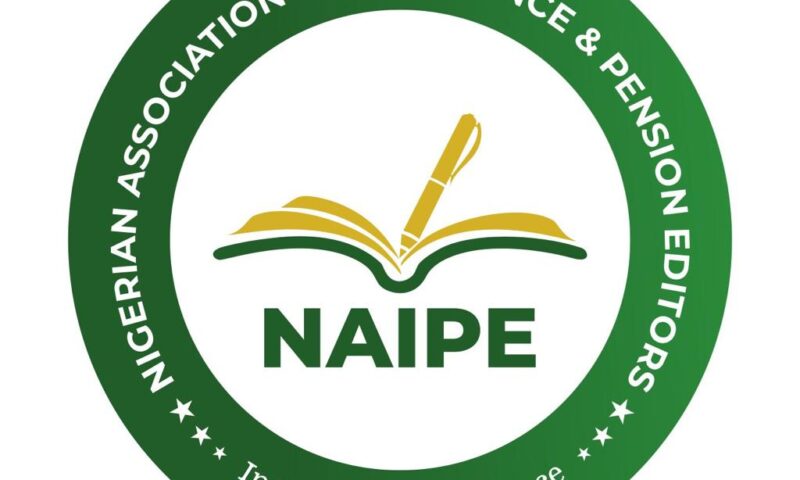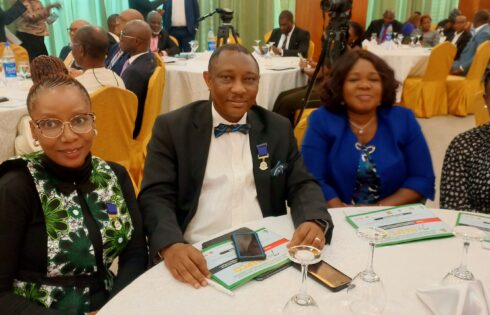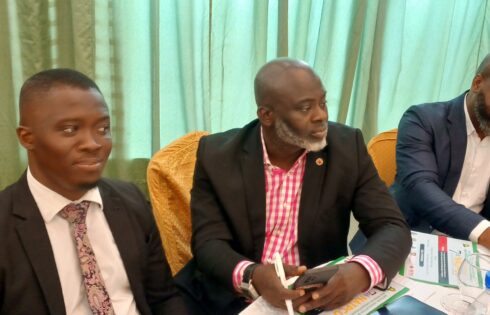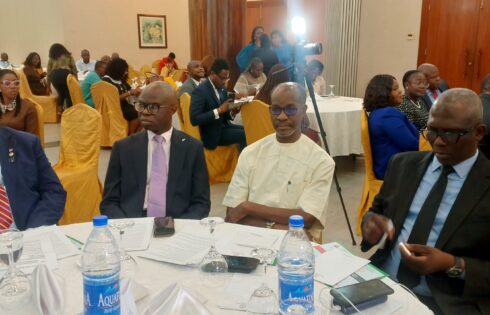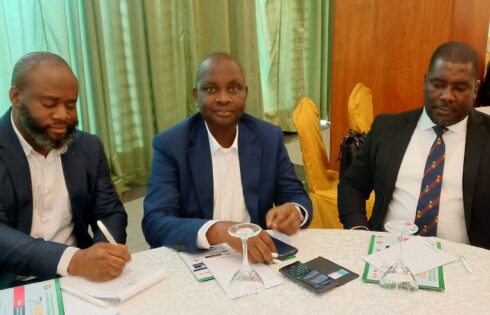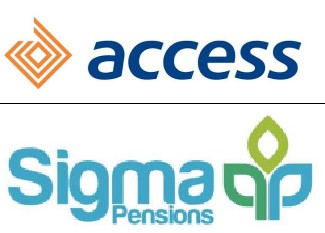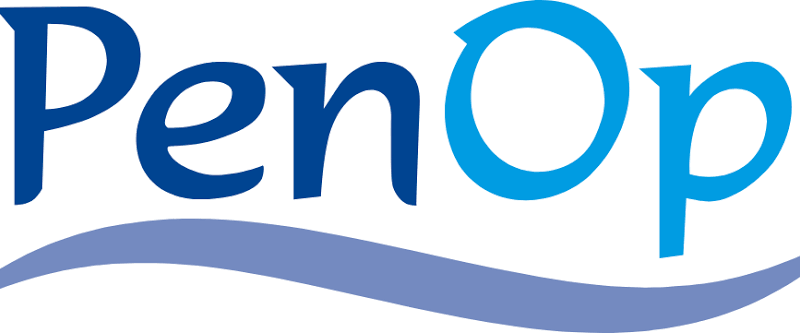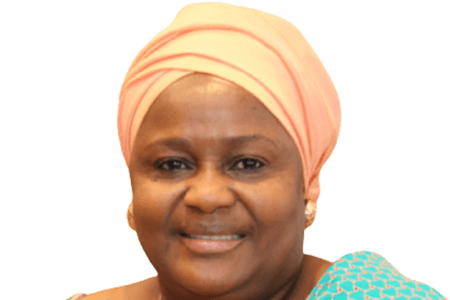Industry operators yearn for redesign of Micro insurance & Pension plans
CAPTION:
L- Director General/Chief Executive Officer, Lagos Chamber of Commerce and Industry (LCCI), Dr. Chinyere Almona, President of the Chartered Insurance Institute of Nigeria, CIIN, Mr. Edwin Igbiti presenting plague to Mr Cyril Ajagu, Chairman of Africa Allianc at the event
By Favour Nnabugwu
Insurance and Pension practitioner have called for the redesign of the micro insurance and pension plans to accommodate both the Nano enterprise and Small and Medium Enterprises (SMEs).
Micro Pension Plan refers to an arrangement under the Contributory Pension Scheme (CPS) that allows the self-employed and persons working in organisations with less than three (3) employees to make financial contributions towards the provision of pension at their retirement or incapacitation.
Industry operators who spoke at the 7th edition of NAIPCO conference in Lagos, said that operators must recognize the segmentation of the informal sector and begin to offer products to suit their needs . This they said must be done in order to improve the adoption level of the plan.
This is even as the experts fear that this will further trigger old age poverty as huge percentage of SMEs are yet to onboard into the plan.
Speaking on the theme, ‘On-Boarding Small and Medium Scale Enterprises into Micro Insurance and Pension Space in Nigeria, Managing Director, Heirs Life Insurance Limited, Mr. Niyi Onifade, noted that MSMEs and SMEs have several risks that insurance operators must look into to provide a cover in order to limit old age risk.
According to him, insurers must begin to understand that SMEs are not just the artisans, vulcanisers on the road, but has expanded to the technology guys, photographs including the well educated who control different kinds of businesses.
He urged operators to improve on the awareness level to further deepen adoption of the plan.
“We must also have appropriate products services that meet the needs of the SMEs because the needs are different. What you offer to the mechanic cannot be the same as what you offer to the professional photographer.The requirements are different and we have to come up with specific products for each and every class.”
On her part, Chief Executive officer, Enterprise Risk , Mrs Funmi Omo said: “For us as insurance practitioners, there are a lot we should do. We have to start by engaging people at the level of which they are.
“Since we have a lot of educated and non educated people in the informal sector then we have to be diverse in our engagement.”
According to her, this can be achieved through adoption of technology adding, “using digital means is crucial because it ensures efficiency.”
On his part, Chief Executive Officer, Pension Fund Operators Association of Nigeria, (PenOp) Mr. Oguche Agudah lamented the low adoption of the plan while describing it as a national emergency scheme which will be used to save the future of the country.
According to him, operators must begin to look at how to make the scheme suitable, available and how to incentivize them.


